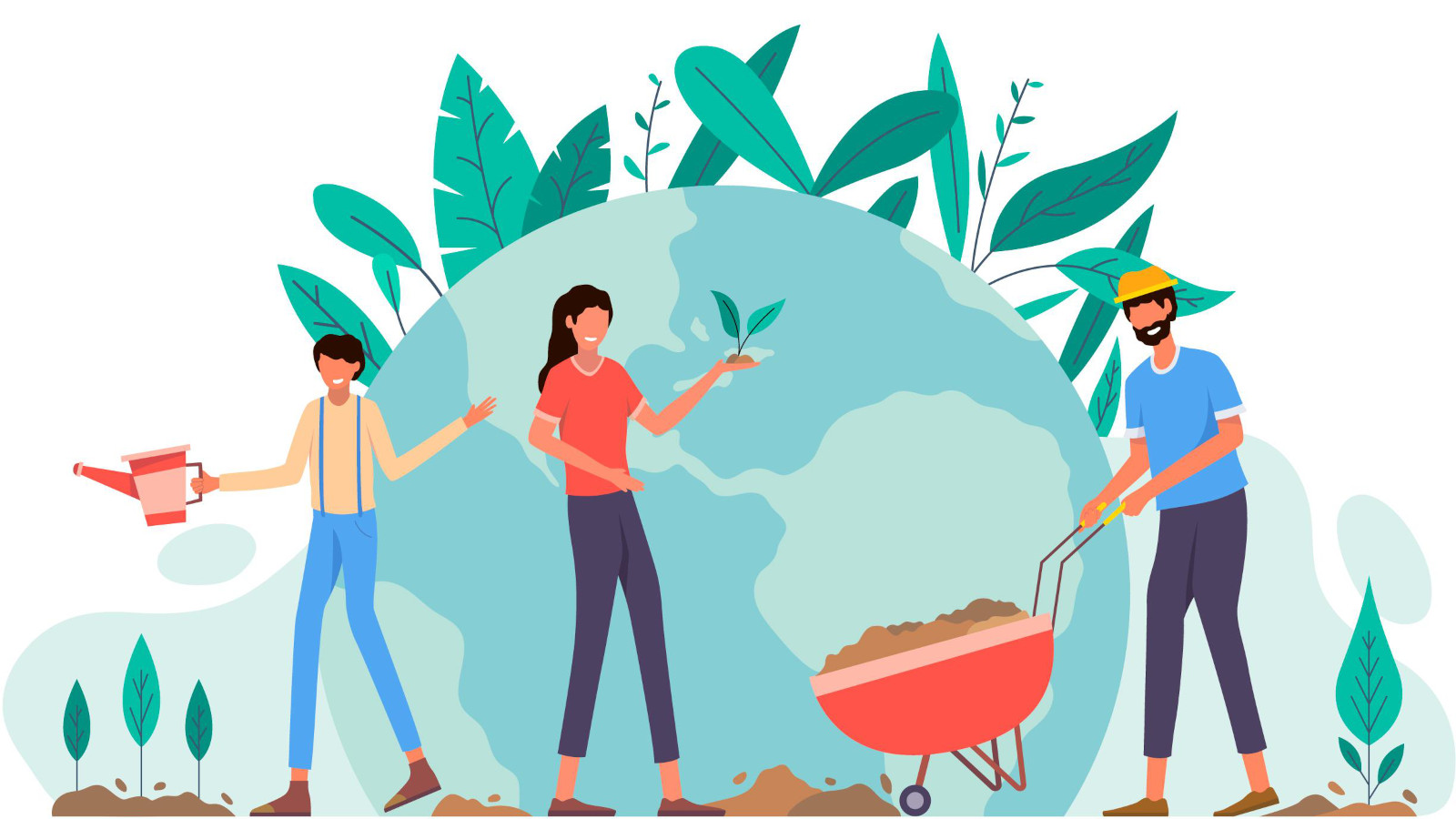“Fair and just”: Workshop explores social aspects of bioeconomy transition
Bioeconomy researchers, practitioners, and members of civil society organisations brainstorm courses of actions for regional stakeholders to overcome the key social challenges.
“For a bioeconomy transition to be ultimately successful, it needs to be fair and just to all involved”, explains Aran Blanco, Senior Research Development Innovation Consultant and Environmental Researcher at Kveloce. In BIO2REG, Kveloce is the responsible partner for the BIO2REG network and the main partner ensuring stakeholder engagement and co-creation. Kveloce, hosted an online workshop on the social aspects of bioeconomy transitions to ensure a fair and just bioeconomy transition. The event on 14 June 2024 explored ways to create and assess a more inclusive and equitable shift to the bioeconomy, starting with insights from invited speakers and engaging the participants in interactive discussions on the potential fields of actions on a regional level. Through this expert workshop, BIO2REG continued to identify best practices as a foundation for practical guides aimed at assisting regional stakeholders with concrete steps for fostering their regional bioeconomy.
Aran started the workshop by introducing the Kveloce team and the BIO2REG project, emphasising BIO2REG’s holistic approach to the social aspects of bioeconomy transitions and surveying the participants’ overwhelmingly positive opinions about the bioeconomy outcomes. The first speaker, Dr. Elisa Oteros Rozas shared the strategies of the Inspira Territorio project, an initiative implemented in the Sierra the Aracena region, Spain, framed within the Agroecology-TRANSECT project. Inspira Territorio unites a diverse community to reconnect people and the environment, addressing social challenges for the viability of bio-based entrepreneurship, such as the high dependency on subsidies, the limited culture for entrepreneurship, the lack of generational turnover and the lack of public infrastructure and local and regional policies committed to promoting bioeconomy that result in land abandonment and loss of cultural heritage. Collective reflections, recovery of local knowledge, and promotion of cultural change through art are only a few selected practices mentioned by Dr. Oteros Rozas.
Afterwards, Holger Gerdes (Ecologic Institute, Germany) shared lessons from three bioeconomy projects: BioSTEP, BE-Rural, and SCALE-UP. Holger highlighted the importance of looking beyond the benefits of the bioeconomy transition and assessing the potential adverse impacts it might have on the local people and environment. He stressed the urgent need for the co-production of knowledge involving groups usually marginalised from decision-making activities to close the existing gap between the needs and priorities of local stakeholders and the goals tackled by EU policies and projects in the field of bioeconomy.
The last presentation from Anastasios Galatsopoulos (White Research, Greece,-MainstreamBIO project) addressed the uneven bioeconomy development and awareness between countries, as well as the public acceptance among stakeholders, which can be related to the inequalities in price perceptions from the different sectors involved in the value chains, the lack of trust in the certification systems that ensures the biobased origin of the products. Anastasios agreed with Elisa Oteros on the market accessibility for local producers as a barrier to be overcome in the bioeconomy transition. These challenges will require analysing the specific socioeconomic context of the targeted regions, along with the potential value chains, improving the knowledge on available biomass, waste and residue streams, and identifying best practices regarding business models and social innovations to foster regional-based solutions.
In the second part of the workshop, participants collaborated on the potential benefits and challenges of adopting bioeconomy practices and ways to measure success in achieving social fairness. During this session, the participants were divided into three groups (researchers, practitioners, and representatives of civil society organisations) to ensure a wider engagement by considering different points of view and experiences. Digital participation tools were used in the different groups to analyse the challenges and potential measures to tackle them. The measures proposed by all groups highlighted the following aspects:
- Sharing best practices and knowledge from regions more advanced in bioeconomy transition so they could be used as success cases.
- More inclusive allocation of resources that prioritises the returns to the local populations, such as tailored investment funds, prizes and other tools, and assistance to ensure their accessibility by the targeted groups.
- Education and capacity building tailored for the different actors, including retraining programmes and professional training programmes to awareness-raising campaigns aimed at consumers.
- Developing consistent policies in participative ways to better respond to the needs of each specific region, fostering transparency and inclusion through engagement platforms and open dialogue.
At the end of the workshop, all 23 participants engaged in a joint discussion in which initiatives to monitor and assess the fairness of bioeconomy transitions were proposed. The friendly and participative mood of the participants played a key role in learning from different perspectives and experiences and in proposing initiatives addressing the challenges perceived in the previous session. “We received a lot of insights from the workshop”, concludes Blanco. “These will be very useful when developing the practical guides for regional stakeholders.” The practical guides created based on this and other workshops will address the unique challenges of regions and leverage success factors identified in the workshops.
Check our Events page to find out about the upcoming BIO2REG expert workshops!




